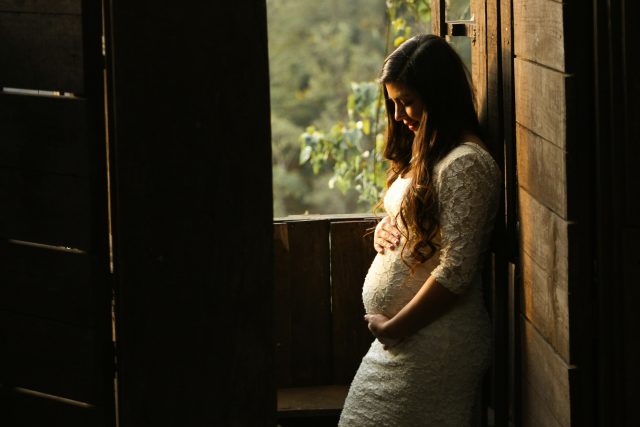Rejection Sensitive Dysphoria: What You Need to Know
By: Michael Toohey, Psy.D. | September 30, 2022

Most people are concerned with being liked and fear rejection by others, but those with Rejection Sensitive Dysphoria (RSD) are hypersensitive to this possibility and the repercussions are profound. A desire to be liked and accepted by others is a deeply embedded survival instinct and feeling rejected is a fundamentally distressing, and at times, quite a painful experience. This article answers important questions about RSD to increase awareness, improve understanding of oneself, and help those with RSD identify treatment options.
What is RSD?
Rejection Sensitive Dysphoria (RSD) is a newly identified cluster of symptoms that is currently being researched. People with this collection of symptoms respond exceptionally negatively to the perception of being rejected. Note the word perception: this is a perceived rejection, not an actual one.
Common symptoms of RSD:
-
- Highly sensitive to the possibility of being rejected
- Hold very high standards for oneself
- Easily triggered to guilt or shame
- Tendency to isolate to avoid being rejected
- Aggressive or rageful behavior towards those who have been perceived as rejecting
- Experience an uncomfortable physical reaction to ‘not fitting in’ or being misunderstood
- Self-esteem is dependent on what others think, causing fluctuations in how a person regards themselves
- Frequent, intense ruminations about doing or saying something ‘wrong’ after interacting with others
Do I have RSD?
The symptoms and reactions of RSD can destabilize a person so much that they ruminate all day, unable to complete tasks. People with RSD feel like failures, experience intense anger, and may even want to lash out. They might exaggerate that other people are against them, and how much people dislike them.
In response to feelings of shame, it is possible for someone with RSD to overcorrect and make significant efforts to keep themselves in others’ good graces. People with RSD can be seen as perfectionistic, extremely sensitive, or overly reactive to even the gentlest forms of criticism.
What is the difference between RSD and social anxiety?
Someone with RSD might not be anxious before an interaction compared to someone with social anxiety. Rather, they will have an oversized and intense reaction afterward if they believe it went poorly. A key factor in distinguishing between RSD and social anxiety is that someone with RSD will experience embarrassment, remorse, misery, and even rage about what they perceive as a rejection after an interaction, whereas someone with social anxiety has an emotional reaction before the interaction.
What causes RSD?
A diagnosis of Attention-Deficit Hyperactivity Disorder (ADHD) appears to significantly increase the risk of developing RSD, although the relationship is not clearly understood. One explanation is that people with ADHD tend to have behaviors that are outside of what’s considered the ‘social norm.’ Think about a kid who can’t keep still in their seat and the ongoing negative feedback they get from their teacher. Or the person who upsets their friends because they constantly interrupt them or who persistently veers off track in a conversation. Over time, some people learn to cope with these incongruencies by refusing to “play the game” and conform, walk out of the situation without explanation, or even say something rejecting to others.
Is RSD “real?”
Anyone who experiences the impairment and distress of RSD knows that it is a real condition, although RSD is not an official diagnosis in the Diagnostic Statistical Manual-5 (DSM-5). Consequently, there isn’t empirical/quantifiable criteria to officially diagnose someone with this condition. But keep in mind: many current diagnoses start off as a collection of symptoms prior to getting a formal name/inclusion into the DSM.
What is the treatment for RSD?
If there’s no formal diagnosis, can there be a treatment? Yes! Action-oriented therapies such as Cognitive Behavioral Therapy (CBT) help challenge the accuracy of dysfunctional negative automatic thoughts that make a person believe that they have been rejected. Learning about one’s emotional reactions and developing coping strategies to better tolerate distress and strong emotions will help reduce exaggerated reactions in social situations. Your professional San Diego Psychologist will help you identify and understand your emotional reactions and develop a better path toward responding to those emotions.
Get help now
Have you recognized yourself in this blog post? If so, raise this topic with your current therapist, or if you don’t have a therapist, Contact Us to meet with a member of our talented team and start your therapy journey today. We are here to help you manage this painful condition. You don’t have to do this on your own.
Photo by Brooke Cagle on Unsplash



